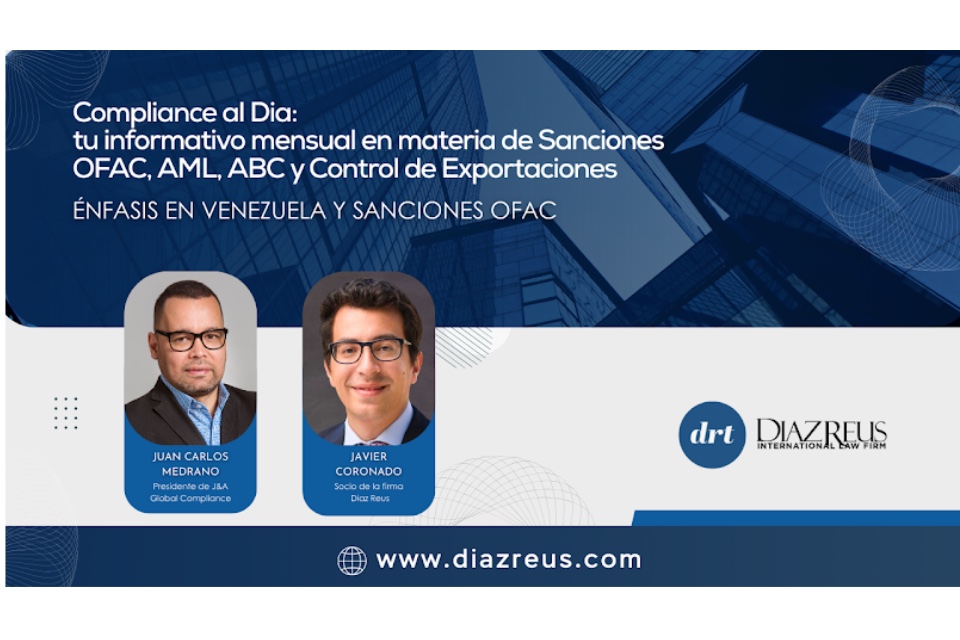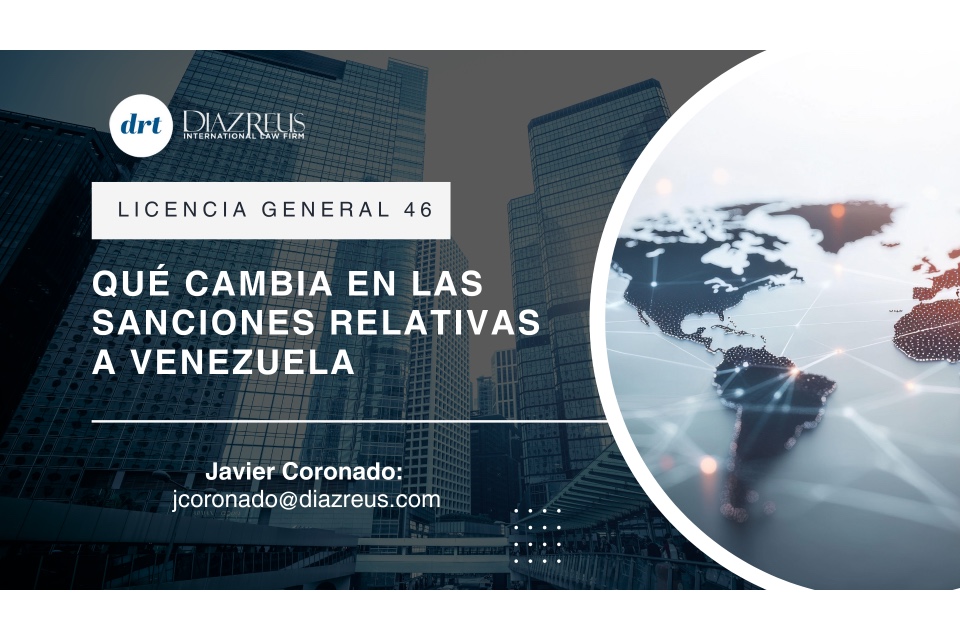While several Latin American countries have vowed to combat corrupt practices and have enacted legislation to formalise their intentions, meaningful change requires active enforcement as well as the political will and sacrifice to exact it. In the meantime, as Latin American countries begin working to strengthen their enforcement regimes, the greater threat to corrupt practices and their participants is coming from the jurisdiction asserted by courts abroad – specifically in the United States and in the United Kingdom.
The argument that corruption is merely part of the Latin American culture, and an unavoidable part of doing business in the region, however, holds little sway in advocating that nothing should be done to punish and deter the practice. As Latin American economies increasingly mesh with the rest of the world, important transactions are now rarely conducted exclusively within the confines of any one country.
In drawing generalisations about the region, it is often easy to overlook the specific steps that individual countries are taking to deal with, or respond to, allegations of official corruption. Every country follows a different approach. Their responses to claims of corruption or lax enforcement of anti-corruption law are as varied as each country’s unique leadership.
Read the 2015 Overview of Business Crime in Latin America (PDF) by Michael Diaz, Jr.
We are pleased to offer our updated 2015 Overview of Business Crime in Latin America, first published in the 2015 edition of The International Comparative Legal Guide to: Business Crime(Global Legal Group Ltd., London, 2015.)













